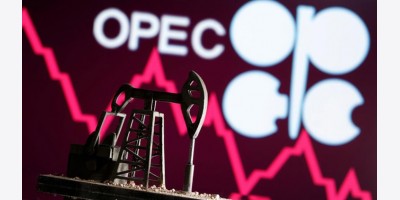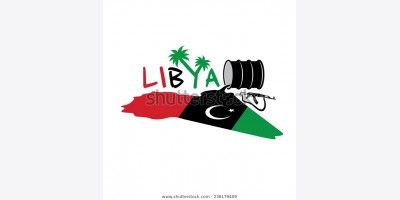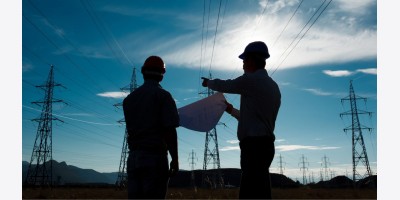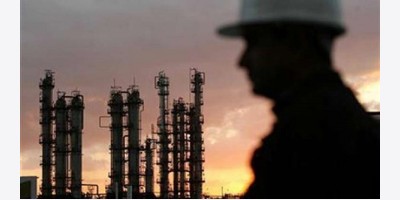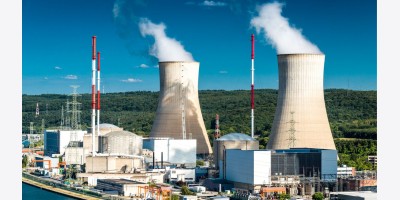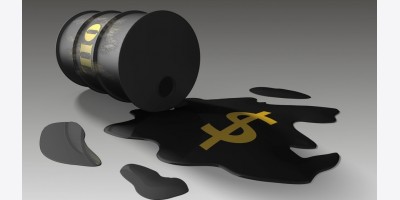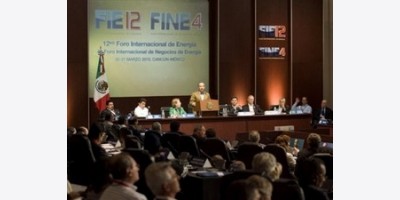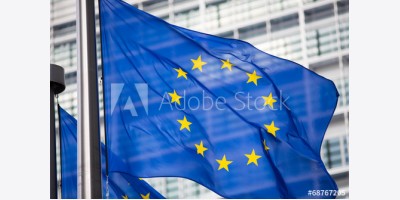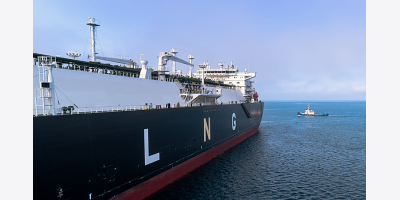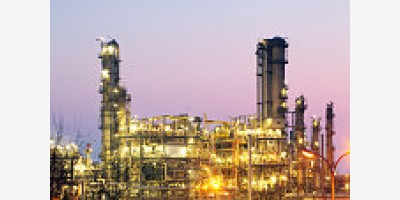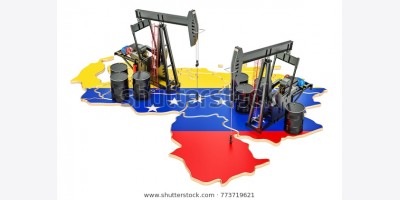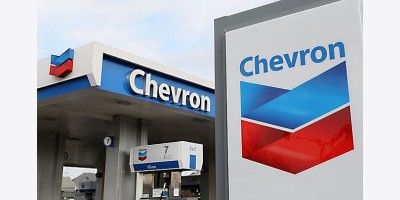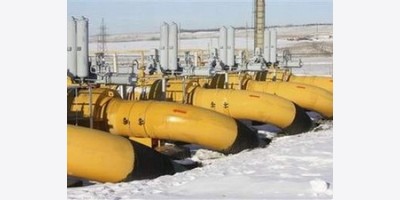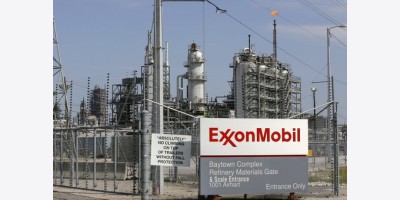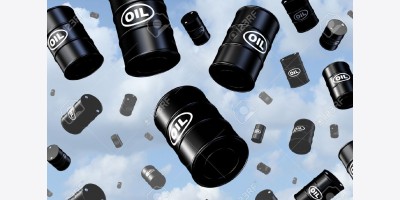
Nearly a year after oil markets entered a deep downward spiral, unmoored from the $100-a-barrel mark that had anchored them for years, some OPEC members are publicly talking for the first time about a new "fair" price for their crude.
Oil ministers from Iraq, Venezuela and Angola said in Vienna this week that a price of $75 or $80 a barrel - barely $10 above the going rate - could be just fine. Iraq's Adel Abdel Mahdi said it would be "equitable".
Privately, one Gulf OPEC delegate also told Reuters he reckons crude may be trading around this level next year, once markets rebalance.
It remains to be seen whether this new range becomes a common refrain for the group, which has effectively given up efforts to maintain prices in order to defend its share of the world market from new comers such as the US shale sector.
Importantly, Saudi Arabia - which for years had pointed to $100 a barrel as a "fair price for producers and consumers" - has given no indication that it subscribes to this view.
Yet simply by uttering the numbers, OPEC ministers are helping to quench a craving among traders, investors and energy executives for clarity on medium-term oil prices, an indication as to when months of uncertainty and volatility may end.
There's no indication that the Organization of the Petroleum Exporting Countries as a whole feels any urgency to push prices back up into the $70s - in fact quite the opposite. The group is expected today to agree to maintain its current production for months to come.
Finding the right balance is tricky: Iran needs more than $100 a barrel to balance its budget; yet too high a price threatens to revive competition from the US shale industry, where cutting costs is helping temper some of the downturn.
"If oil prices recover, shale production will go higher again. So we need to get used to a totally different dynamic," Eni chief executive Claudio Descalzi said on Wednesday.
OPEC has not openly targeted specific oil prices for over a decade, ever since it abandoned a $22 to $28 price 'band' instituted after the late-1990s crash.
In the wake of the 2008 financial crisis, with OPEC cutting output desperately to shore up prices that had fallen from nearly $150 a barrel to less than $40, Saudi King Abdullah surprised traders by saying bluntly that $75 was a "fair price".
That view shifted up to around $100, where it sat for five years. Since OPEC's decision last November to maintain production despite a growing global glut, hundreds of shale drillers have curbed activity, halting the rise in US output.
There's a gap of nearly $40 a barrel between the highest and lowest Brent forecasts for next year, according to a Reuters poll this week.
"Uncertainty is the rule of the game in this industry. It is a permanent coup d'état," said French oil company Total's chief executive Patrick Pouyanne.
Alex Lawler and Rania El Gamal, Irish Independent




